How AI could save (not destroy) education
Introduction to AI in education
The myth of AI as an educational threat
Artificial intelligence (AI) has been perceived by some as a possible threat to the educational system, generating fears about the replacement of teachers with machines and the dehumanization of learning. However, this perspective does not take into account the enormous benefits that AI is already contributing and can continue to contribute to the educational field. Instead of destroying education, AI has the potential to improve it, making it more personalized, accessible and efficient. To see this change, it is essential to banish the myth that AI is inherently destructive and begin to explore its possibilities as a support tool and improvement in educational processes.
Historical perspective: Technology and Education
Throughout history, technology has played a crucial role in the evolution of education. From the introduction of the printed paper, through the board and the projectors, until the arrival of computers and the Internet, each advance has caused similar fears about the obsolescence of traditional methods and the role of the teacher. However, reality has shown that technology, well implemented, does not replace educational work, but transforms it for better. AI is simply the next step in this natural evolution, allowing new levels of customization and efficiency.
Current Role of AI in the educational system
Tools based on AI already present in classrooms
The AI is already present in many classrooms in the form of various tools that help both students and teachers. Adaptive learning systems, automated tutoring assistants and intelligent evaluation systems are some examples of how AI is used to improve the educational process. These technologies help teachers save time in administrative tasks, quickly identify the individual needs of students and provide more dynamic and flexible learning.
Automation of administrative tasks to improve the learning approach
One of the most immediate benefits of AI in the education system is the automation of administrative tasks that usually consume a significant amount of time for educators. Activities such as exam rating, attendance registration and the creation of progress reports are processes that AI can perform quickly and efficiently. By delegating these tasks to AI algorithms, teachers have more time and resources to focus on teaching, the development of new methodologies and better meet the emotional and academic needs of students.
AI in distance learning and online education
With the rise of online learning, especially after the Covid-19 Pandemia, AI has played a crucial role in ensuring that students receive a rich and personalized educational experience. AI systems allow a more effective monitoring of student progress, helping educators to intervene when necessary, thus improving the efficiency of distance education.
Personalization of learning through AI
Adaptation of individualized learning styles
The AI ability to customize learning is one of its most revolutionary contributions in the field of education. IA algorithms can analyze the behavior of students, their learning preferences and their academic performance to adapt the contents to their specific needs. Whether a student prefers visual, auditory or kinesthetic learning, IA systems can adjust educational materials and methods so that they coincide with their learning style, which significantly improves retention and understanding. This customization can also be adapted in real time, offering continuous adjustments as students advance or face difficulties.
Continuous monitoring and evaluation of students' progress
The AI facilitates constant and detailed monitoring of each student's progress, providing teachers with valuable and real -time information about their advances and difficulties. This type of continuous evaluation allows you to quickly identify areas where the student needs reinforcement, facilitating earlier and effective interventions. Learning platforms promoted by AI can generate detailed reports that help teachers design more personalized pedagogical strategies and thus improving the quality of the educational process.
Use of algorithms to identify weaknesses and strengths
IA systems are able to analyze large amounts of data generated by students during the learning process, which allows identifying patterns that could go unnoticed by teachers. These algorithms can accurately detect the areas in which students have weaknesses and where they highlight, which allows educators to adjust the content and teaching strategies. This capacity not only optimizes the academic performance of the students, but also encourages a more holistic and focused on individual strengths.
Improvement in accessibility and educational equity
AI and the inclusion of students with disabilities
One of the greatest impacts of AI on education is its ability to make learning more accessible to students with disabilities. Tools such as voice attendees, automatic transcription systems and adaptive teaching platforms have made education more inclusive than ever. These technologies allow students with visual, auditory or motor disabilities to access the educational content of ways that were previously impossible. In addition, AI can customize the educational experience to meet the specific needs of each student, guaranteeing that everyone has equal opportunities to learn.
Reduction of educational gaps in rural or disadvantaged areas
The AI has the potential to reduce the educational gaps that exist between urban and rural areas, or between disadvantaged regions and those with more resources. Thanks to the online platforms promoted by AI, students in areas with limited access to educational resources can access high quality materials, obtain custom tutorials and participate in educational experiences that would otherwise be available to them. IA -based education can also offer content adapted to the cultural and linguistic particularities of each region, promoting greater equity in access to knowledge.
AI and global access to knowledge
AI is knocking down geographical and economic barriers in education by offering global access to knowledge. The ability to translate content into multiple languages and adapt the level of difficulty according to the progress of each student facilitates globalized and inclusive learning. This transforms education into a more accessible right for all, regardless of its location or economic situation.
 As support for teachers, not your replacement
As support for teachers, not your replacement
AI attendees to help lessons planning
Far from replacing teachers, AI can act as a crucial support tool to improve its effectiveness. IA attendees can help teachers plan more effective lessons by automatic creation of personalized teaching materials, the recommendation of pedagogical strategies and the identification of relevant resources according to the needs of the students. This support allows teachers to concentrate on teaching, while IA is responsible for the most mechanical or data analysis tasks.
How AI can reduce teaching exhaustion
The use of AI not only benefits students, but also has a significant impact on the health and well -being of teachers. Repetitive and administrative tasks, such as exam correction, class planning and reporting, can be largely managed by AI systems, which reduces the workload of teachers. This allows them to focus on more human aspects of teaching, such as the emotional and cognitive development of students, relieving stress and reducing the risk of professional exhaustion.
The importance of human touch in teaching
Although AI can automate many aspects of the educational process, the value of the human touch in teaching is still irreplaceable. Teachers not only convey knowledge, but also act as mentors, motivators and emotional support figures for students. AI can be a powerful tool, but lacks empathy, intuition and the capacity for social adaptation that teachers provide. Therefore, AI must be seen as a help and not as a replacement, reinforcing human abilities instead of eliminating them.
AI and fair evaluation
Deletion of biases in exams and qualifications
One of the most frequent problems in traditional education is subjectivity in evaluation. Biases, whether conscious or unconscious, can affect the way students are qualified. The AI, by automating the evaluation and based on objective data, can contribute to reducing these biases, guaranteeing that all students be evaluated more just and precisely. By eliminating subjective factors, AI allows the results to reflect the effort and skills of students more faithful, which favors equity in the classroom.
Skills and Competencies Evaluation, not only on qualifications
The AI has the potential to change the approach to academic evaluation, moving from a system based mainly on numerical qualifications to one that value more the acquired skills and competences. The educational platforms promoted by AI can trace the development of specific skills, such as critical thinking, creativity and problem solving, instead of focusing solely on traditional exams. This allows students to demonstrate their knowledge and skills more comprehensively, better preparing students for real world challenges.
Use of AI to guarantee impartiality in educational processes
IA can also help ensure that educational processes, such as admissions and evaluations, are more impartial. Through the automation of certain decisions and the evaluation of students with objective criteria, AI reduces the influence of factors such as favoritism or unconscious prejudices. This can be particularly valuable in the selection of candidates for universities or competitive programs, ensuring that access to educational opportunities is based solely on merits and not on external factors.
Challenges and ethical considerations of AI in education
Privacy and data management in the educational environment
One of the main ethical challenges in the implementation of AI in education is the management of privacy and student data. IA platforms collect large amounts of personal information, including data on academic performance, learning preferences and participation in activities. It is crucial to ensure that these data are used in a responsible manner, respecting privacy laws and protecting information from possible vulnerabilities. The AI systems must be transparent about how they handle the data and ensure user confidence in their safety.
The risk of excessive dependence on AI
Although AI offers numerous advantages in the educational field, it also entails the risk of excessive dependence. If you trust algorithms and automated tools too much, students and teachers can depend on these technologies instead of developing critical skills for themselves. AI must be used as a complement to improve learning, not as a total substitute for human capacities. A proper balance is key to preventing students from losing essential skills such as critical thinking and autonomous problem solving.
Guarantee that AI does not extend pre -existing inequalities
Although AI has the potential to improve equity in education, there is also the risk of expanding pre -existing inequalities if it is not properly implemented. Students in more disadvantaged areas or without access to avant -garde technologies could be left behind, increasing the gap between those who can benefit from AI and those who do not. To avoid this, it is necessary that educational policies focus on providing equitable access to these technological tools, ensuring that all students, regardless of their origin, can take advantage of AI in education.
Future of AI in education: Towards a man-machine collaboration
Vision of the Future: AI as a complement to teaching
In the future, AI has the potential to become an indispensable tool in education, but its role will be that of a complement to teaching, not a substitute for teachers. With the development of more advanced technologies, teachers and machines can work together to create more personalized, dynamic and effective learning experiences. This model of collaboration between humans and machines will allow teachers to focus on the most important aspects of their work, such as the formation of character, while IA will handle the most repetitive and technical tasks.
The role of teachers in the future driven by AI
As AI continues to progress and occupy a more prominent place in education, the role of teachers will also evolve. Far from being replaced, teachers will become mentors and learning facilitators, helping students develop soft skills, critical thinking and creativity, areas in which AI cannot compete. In addition, teachers will have the responsibility of guiding students in ethical navigation and responsible for technology. In the future promoted by AI, teachers will continue to be the basis of quality education.
Emerging innovations that could transform education
AI in education is constantly evolving, and many emerging innovations could transform educational panorama in the coming years. From the use of augmented reality and virtual reality to create immersive learning experiences, until the incorporation of deep learning algorithms that improve customization, the future offers endless possibilities. Innovations could also be extended to areas such as the creation of gamified learning environments, which use AI to adapt the content and challenges according to student performance, making the most attractive and motivating learning.
 Conclusion
Conclusion
How AI can be a powerful ally to improve global education
In conclusion, AI has the potential to save, not destroy, education. By integrating properly, it can become a powerful ally to improve quality, accessibility and equity in global education. From the personalization of learning to the automation of tasks and the creation of a more inclusive environment, IA offers innovative solutions to many of the problems facing the current education system. The important thing is to ensure that its implementation is focused on the well -being and integral development of students.
The importance of a balanced approach between technology and humanity
As AI continues to advance in the educational field, it is crucial to maintain a balanced approach that combines the efficiency of technology with the human touch of teachers. Education should not lose its human essence, where empathy, interaction and emotional development are equally important as academic learning. With a responsible and ethical approach, AI can be a catalyst that leads education to new heights, without losing sight of students' well -being and the essential role of teachers.
Frequent questions
1. Can Ia really replace teachers in the future?
No, AI is not designed to replace teachers, but to complement them. While you can automate certain tasks and customize learning, the human role of teachers, especially in emotional development, critical thinking and mentoring, remains irreplaceable.
2. How can AI help improve education in disadvantaged areas?
AI can reduce educational gaps in disadvantaged areas by providing access to high quality learning resources, customize teaching and offer automated tutorials. This allows students in rural or less resources to access educational opportunities that were not available for them before.
3. Is the use of student data by AI safe?
Student data management is a key topic in the use of AI in education. It is crucial that IA platforms comply with data and privacy laws, ensuring that students' information is protected and used in a responsible manner.
4. What kind of technological innovations are emerging in the educational field thanks to AI?
Some emerging innovations include the use of augmented reality and virtual reality to create immersive learning experiences, as well as deep learning algorithms that improve customization. These technologies are transforming the way students interact with educational content, making them more attractive and effective.
5. What are the risks of depending too much on AI in education?
One of the main risks is the possible loss of essential skills, such as critical thinking and the autonomous resolution of problems, if you trust the tools of AI. There is also a risk that the lack of access to these technologies expands pre -existing inequalities in education. Therefore, it is important to maintain adequate balance and guarantee equitable access to AI.
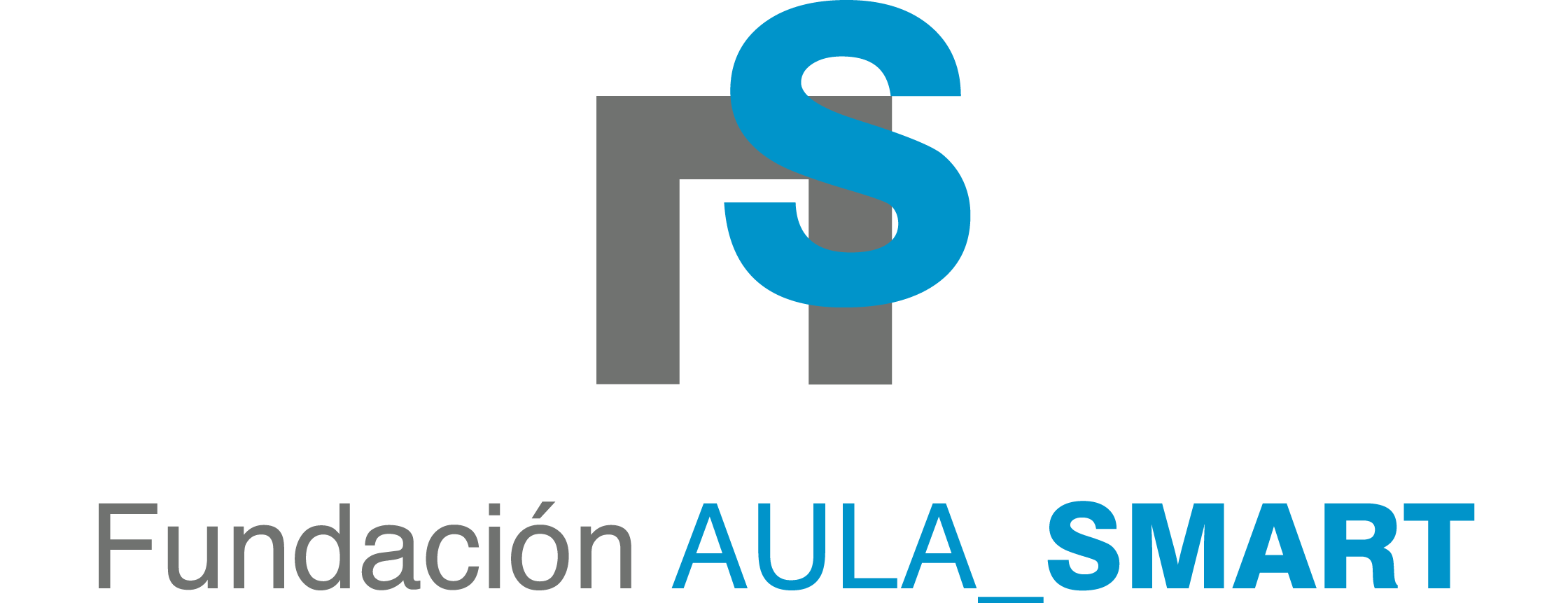


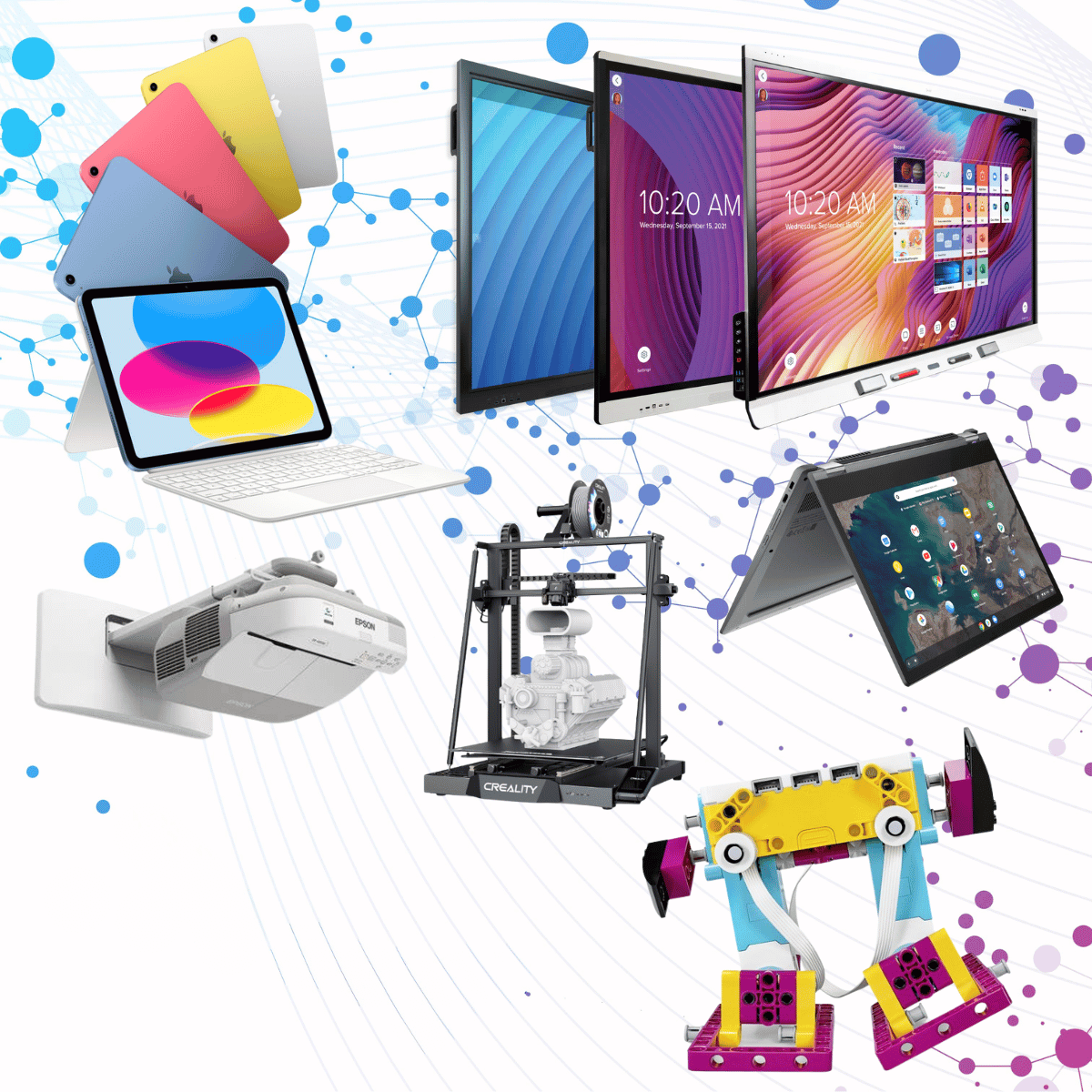
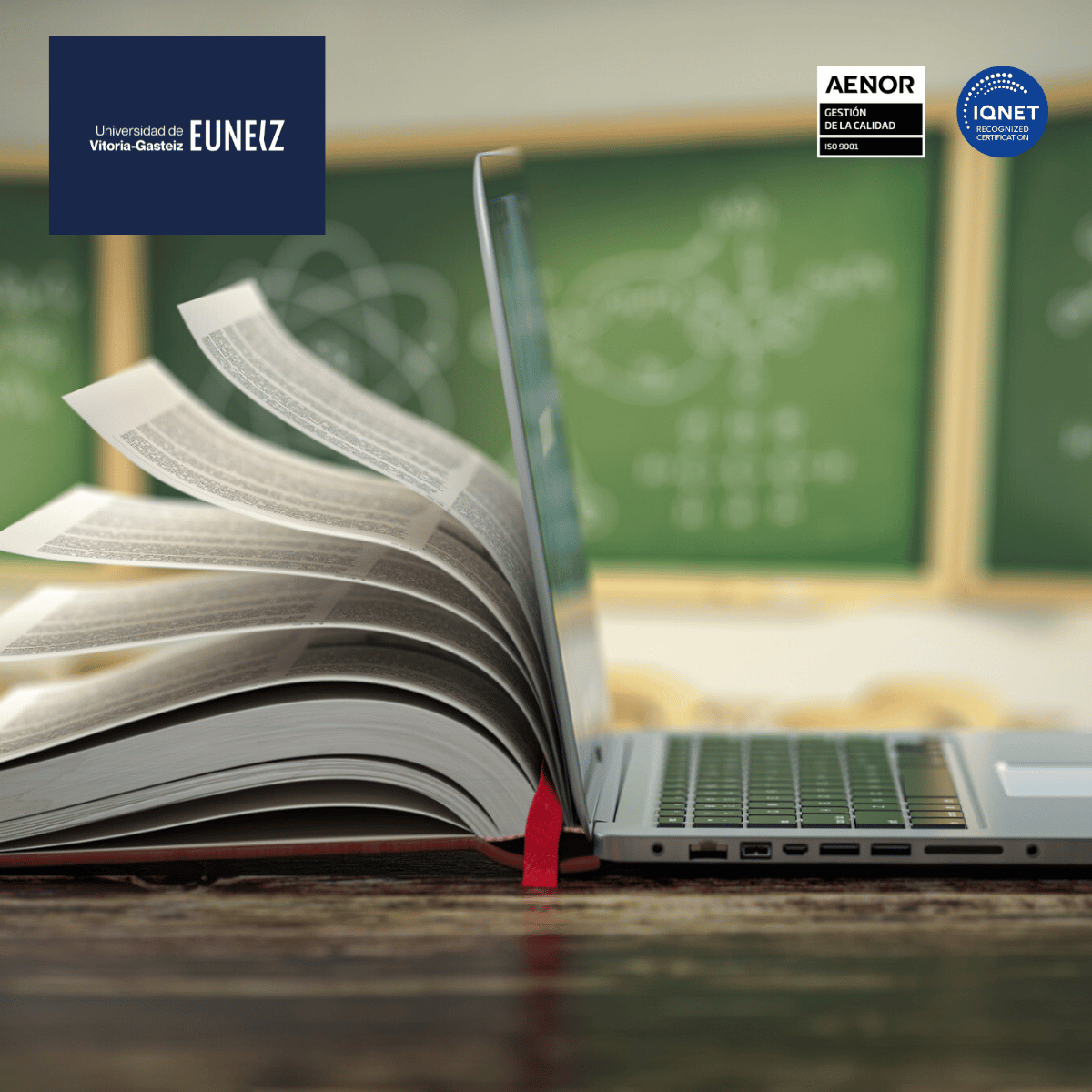
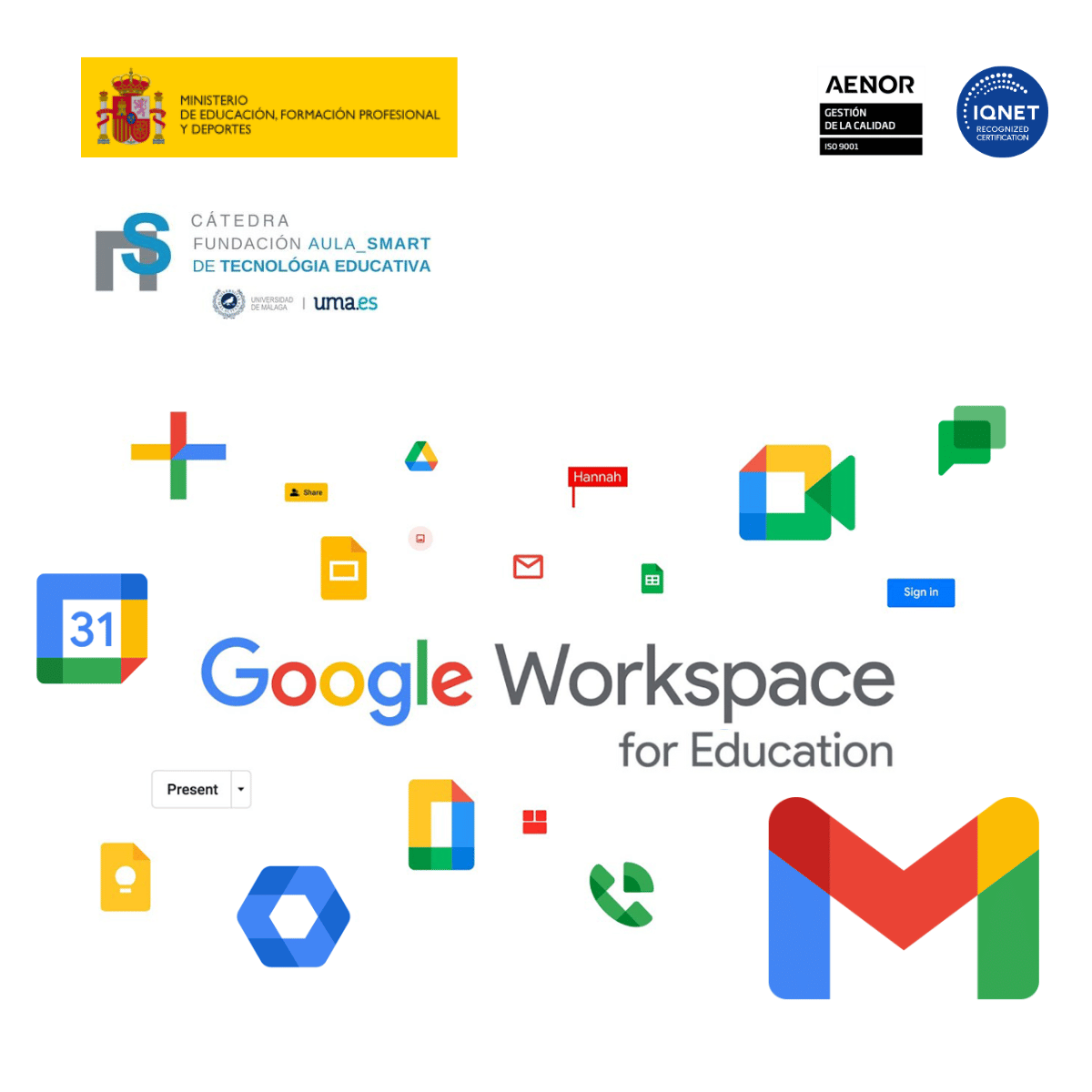
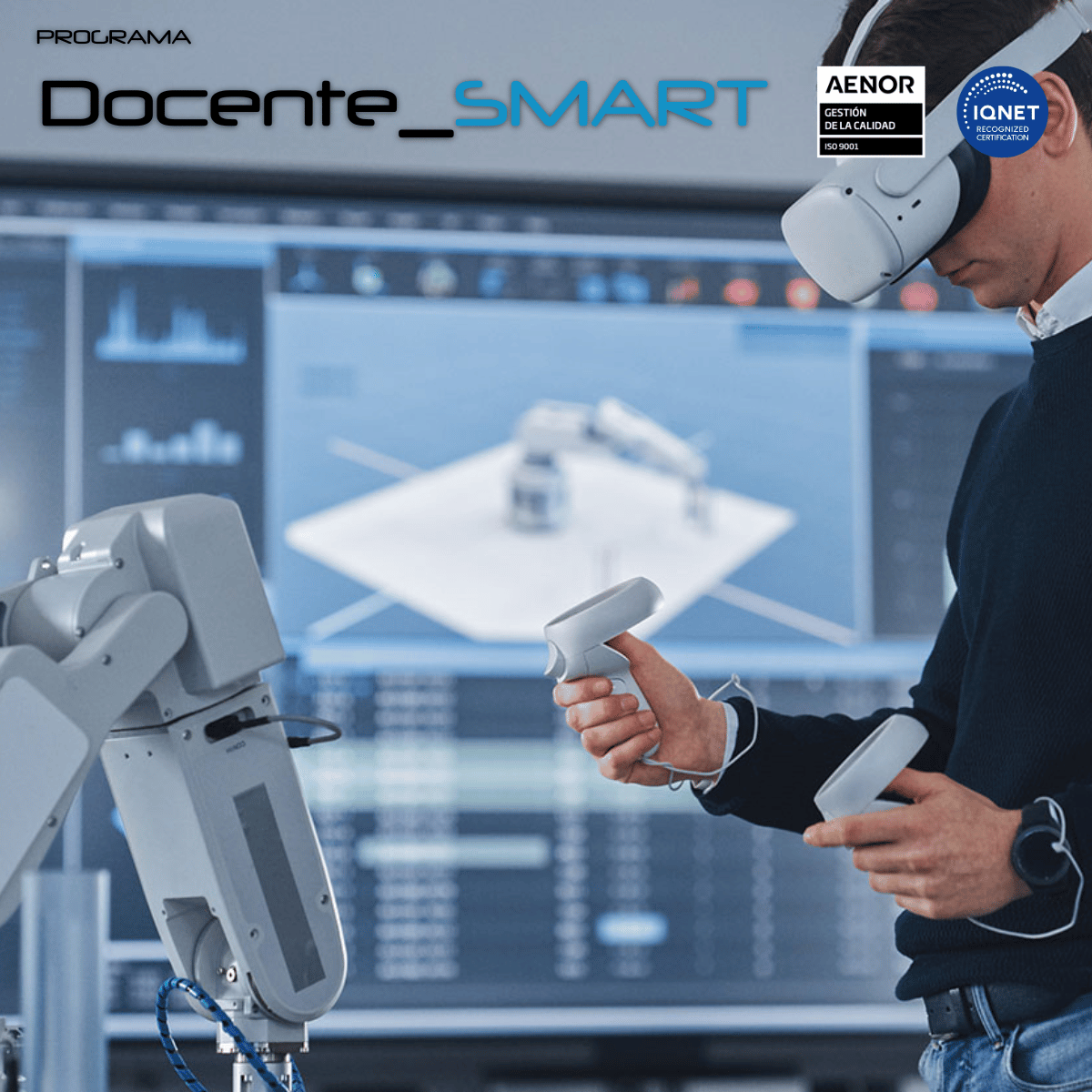
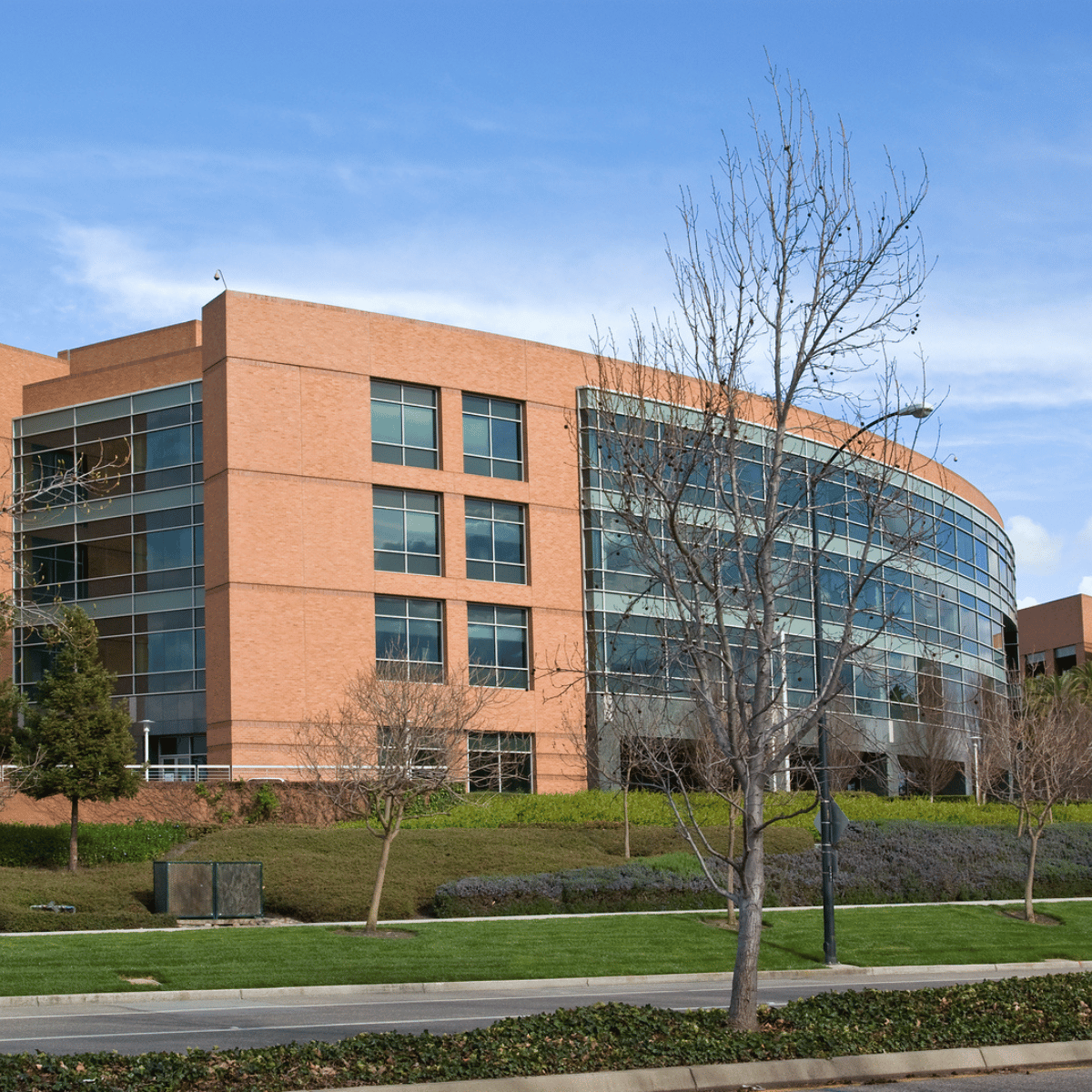

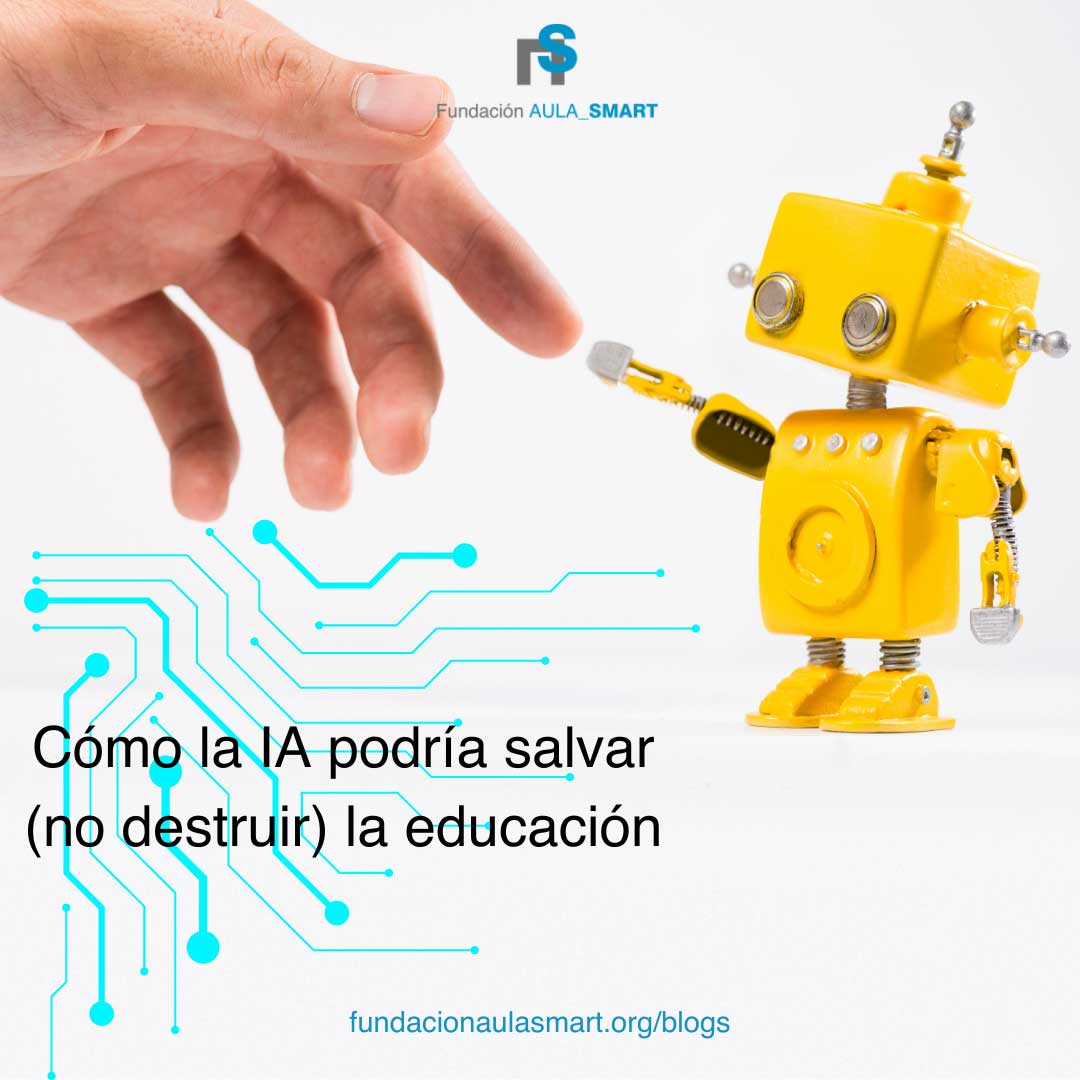
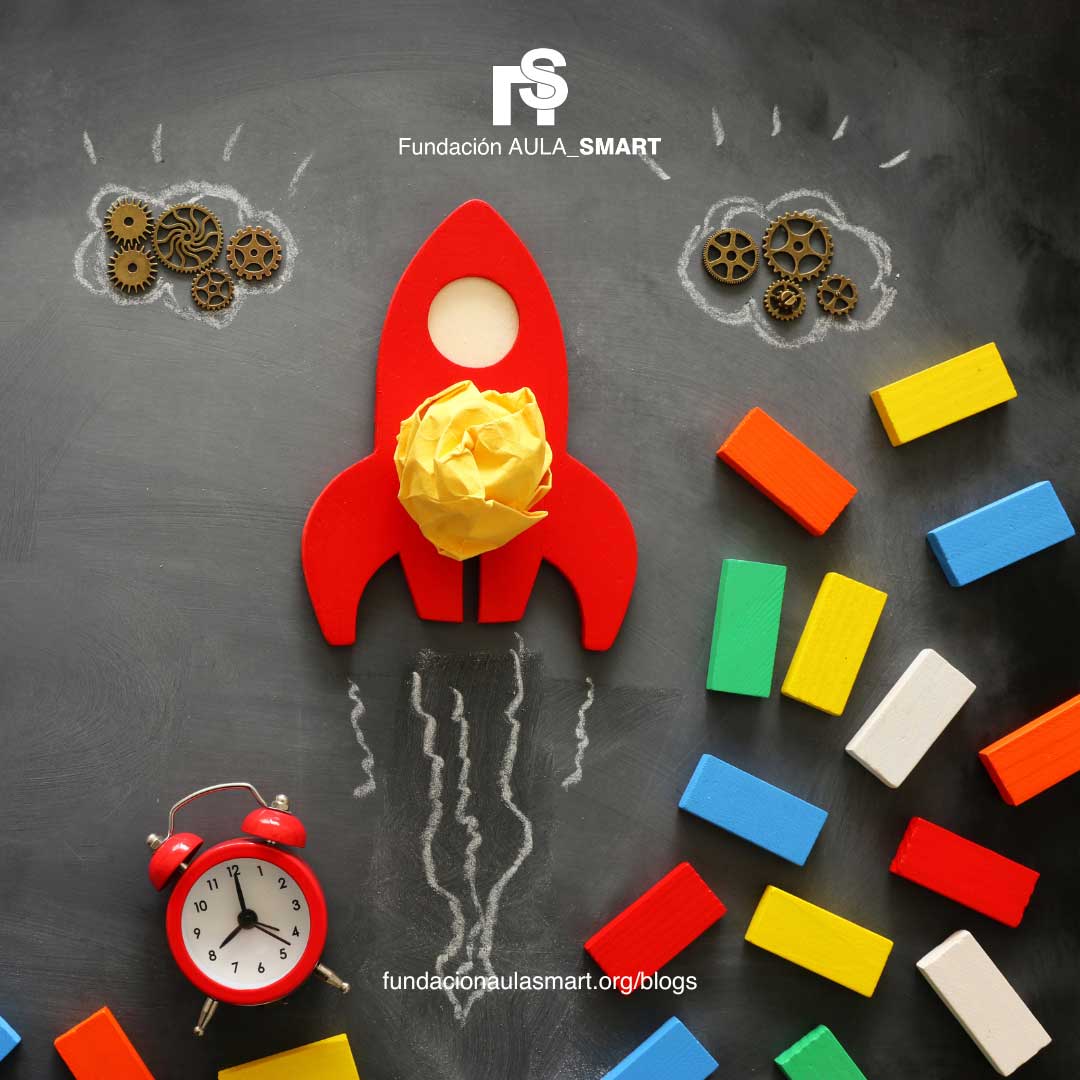
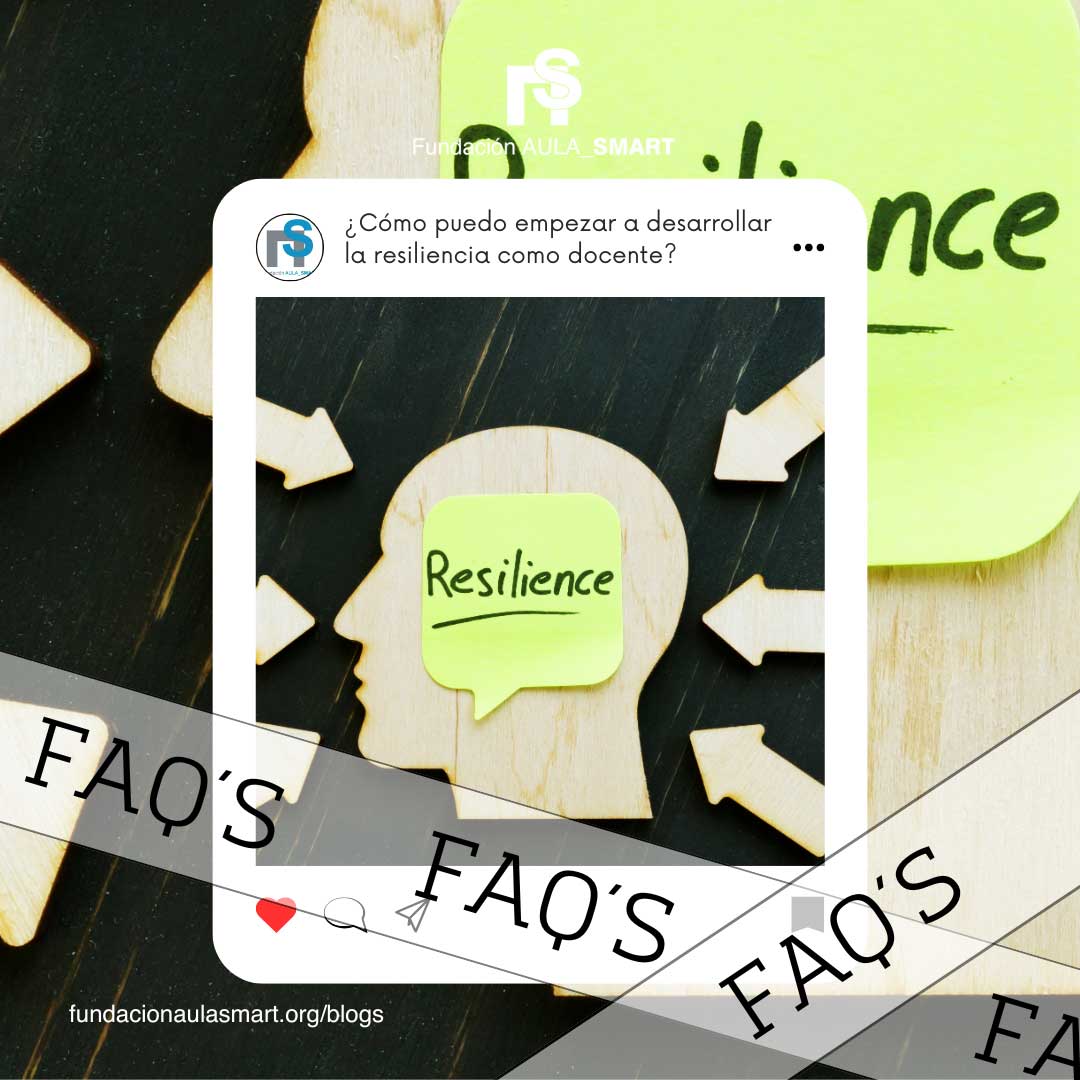
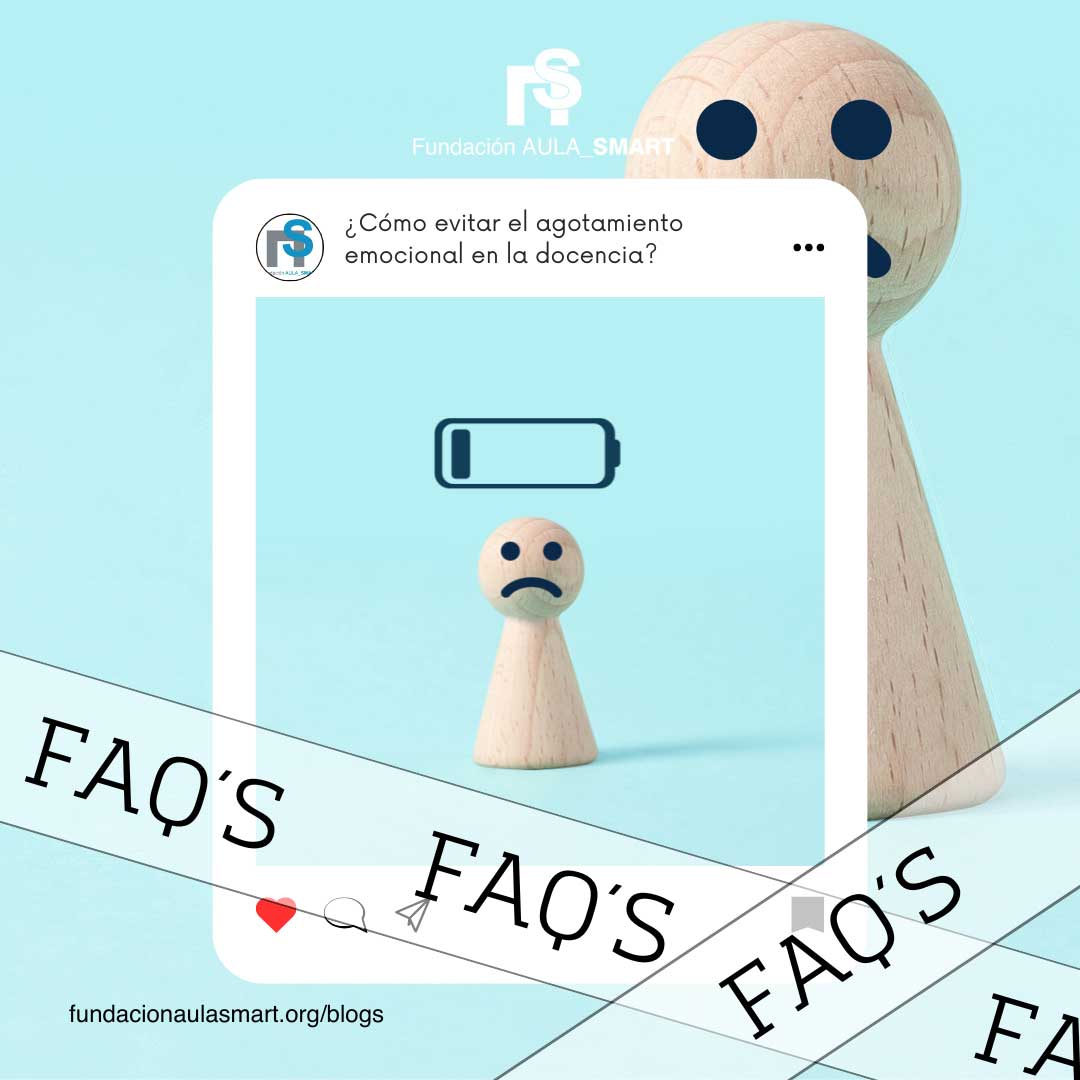





Leave a comment
All comments are moderated before being published.
This site is protected by hCaptcha and the hCaptcha Privacy Policy and Terms of Service apply.